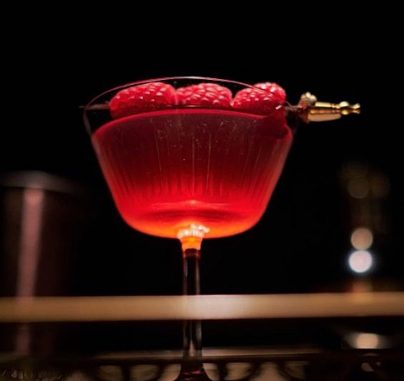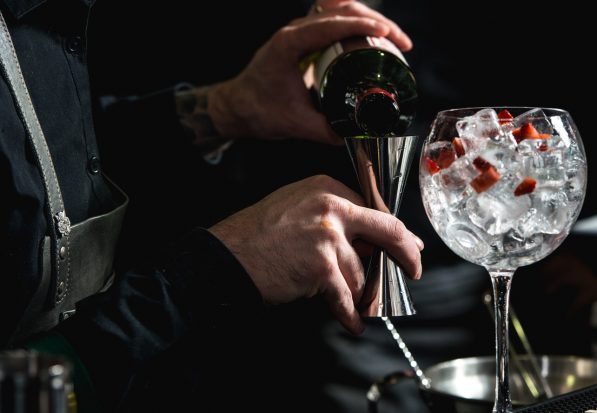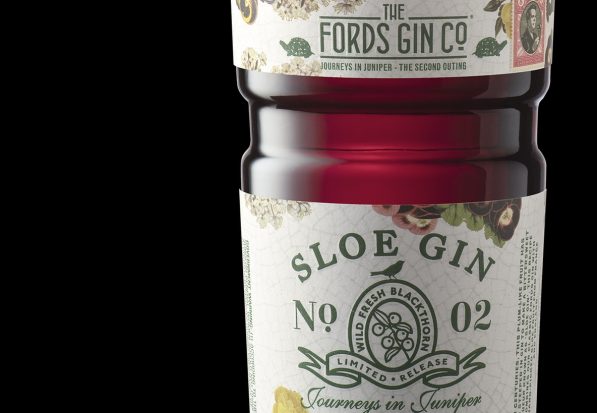So, you’re looking to buy some gin for your home bar.
Whereas a few years ago, you might have grabbed a bottle of Gordons and called it a day, now the endless choices can seem a bit daunting. Sure, they all contain Juniper (to varying degrees …), but there are countless distilleries, with countless expressions, all boasting a myriad of flavour profiles and botanicals.
While you’ve been living your life, gin has been redefining itself, pushing the boundaries and venturing to places it never thought it would go. Long gone are the one dimensional Gins of your grandmothers day. Instead, we now live in an age of gin experimentation and exploration.
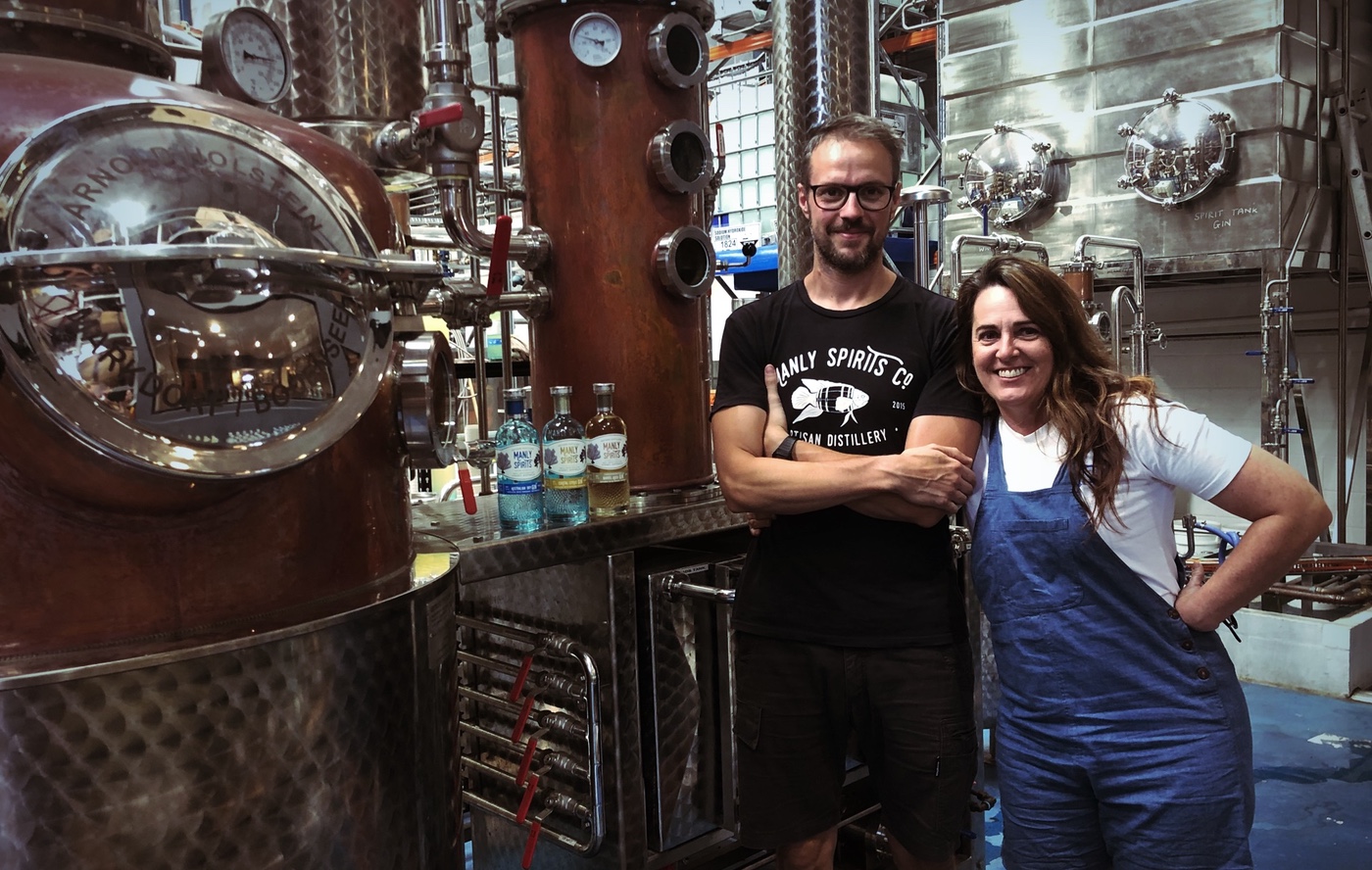 PIN IT
PIN ITTim Stones & Vanessa Wilton
With so many gins now competing in a saturated market, many say there is a need for tighter regulations of the category, to not only protect its integrity, but also enhance general consumer understanding.
But is further categorisation really the answer?
Tim Stones, Head Distiller at Manly Spirits believes it could be. “I think a little tightening of the definition through legislation would potentially help, but it’s a double-edged sword. Personally, I think it would be nice to see a lot of products that aren’t juniper forward, classified not so much as gin but as a botanical spirit. Of course, it’s impossible to do that now because it been going on for so long.”
London-based distiller Hayman’s, who have been distilling since 1863, isn’t so sure, having last year launched their ‘Call Time On Fake Gin’ campaign. Through this, they are urging for tighter regulation across the gin category in response to the “growing issue of products marketed as gins that have little to no juniper character”.
They insist they are “not trying to call time on innovation in the category”, instead, advocating for greater enforcement of the current laws governing gin.
While there are definite holes in both the EU and US definitions of what constitutes gin, Sean Baxter from Never Never Distillery (who were just awarded World’s Best Classic Gin at the World Gin Awards for their Southern Strength Gin), believes that having a definition at all, in Australia, would be a good start.
“Here in Australia, you don’t legally have to use Juniper at all, which is absolutely ridiculous,” he said. “We need some form of legislation that defines what a gin is.
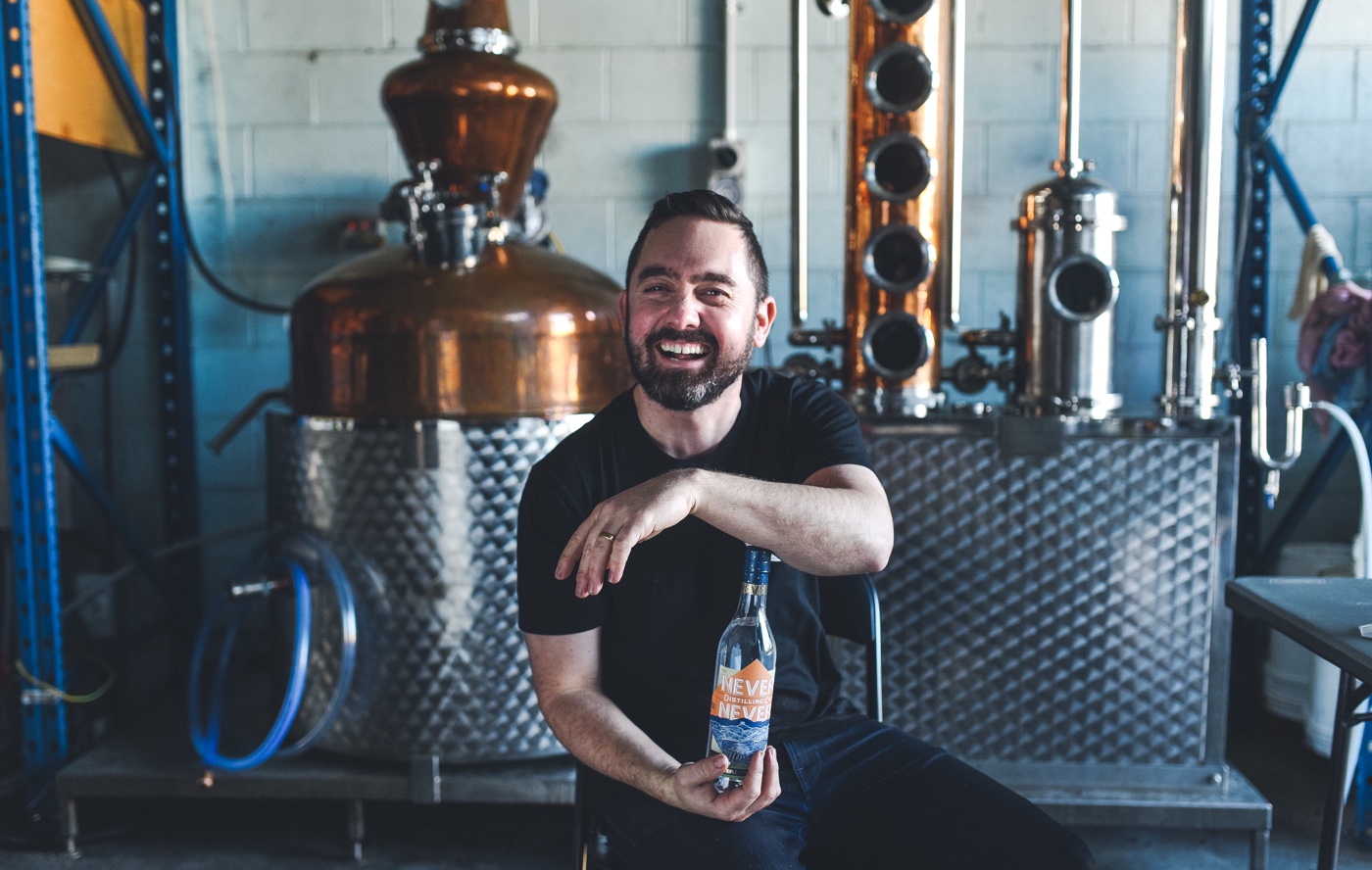 PIN IT
PIN ITSean Baxter
“Especially for consumers, there needs to be stronger representation when it comes to what each particular gins tastes like,” he continued. “I think there is definitely room for categories within different regions when it comes to regional style and regional flavour.”
So would regional style be a possible definition?
While Australia is certainly not the only country to be experimenting with botanicals and exploring a sense of ‘regional place’ in gin, we are a country that as access to botanicals that are difficult, if not impossible, to source anywhere else in the world.
Australia has a staggering 24,000 indigenous plants, and distillers have been adding everything from strawberry gum to green ants to their list of gin botanicals.
Dave Withers, Master Distiller at Archie Rose believes that it’s essential for producers to really understand where they are from. “I do think there is something fundamental about describing where a gin comes from and in Australia, we see that in boutique gins that are using native Australian ingredients. I think that’s a really important element, and we should embrace that – it’s what defines our industry and Australian gins.”
Many believe locality and provenance will be the real driving forces behind gin’s future. The use of local ingredients has given gin a terroir-like quality, making it an easy sell for the bartender and retailers, while also provoking a real community feel that sets the spirit apart from the rest.
Manly Spirits are one distillery that certainly wanted to make a gin that communicated the feeling of the area in which the distillery was located. They wanted to embrace the essence of the beaches area and translate the ocean and the surf into the bottle.
 PIN IT
PIN ITDave Withers
“This is an area we love and we wanted to not only embrace it but allow everyone else to experience it as well,” said Vanessa Wilton, one of the founders of the brand.
But Baxter believes that trying to define regional flavour could in itself could issues.
“When it comes down to defining an Australian gin, then that’s where you run into trouble,” he said. “Do Australian gins need to taste like a bushfire or a combination of native ingredients? At the moment, it would be difficult to nail down what that would be because there are very few gins made in Australia from solely Australian flavours”.
Has the ‘catagorisation’ horse bolted?
While it may be impossible to impose subjective rules on taste and regional definitions have their problems, the issue is whether the industry has progressed too far for anything useful to be achieved from a legislative standpoint.
Stones believes that legislation has the potential to stifle progress. “Retrospective actions rarely work, and it’s not just an issue of what would need to be enforced, but also who would enforce it,” he said.
Many believe that there isn’t a place in the drinks industry for the style police and it shouldn’t be up to a governing body to simplify or clarify the category. Instead, Withers believes that consumer education from retailers and producers is the way forward.
“I think the onus is on producers to do more towards educating consumers on what Juniper is and what sort of flavour profiles you can get from it,” he said. “We’re starting to see this more. Producers are educating consumers and showing them how things are made and also what the botanicals really are.”
Cameron Mackenzie, founder and distiller at Four Pillars Gins, “I think it’s all about the distillers getting their message across and I think its an industry-wide thing. It’s not just the distilleries, but also bartenders and retailers and they are already doing that.
“I think we are now seeing pretty good descriptors on retail shelves and in general recommendations. The category is being taken far more seriously now, and consumers themselves are asking a lot more questions.”
“Any spirit product should stand up to the question ‘Why’. Why is this product on the market?” Dave Withers, Archie Rose.
Consumers are increasingly willing to spend more on experience and are more curious than ever about the products that they buy and consume.”
And this is where Mackenzie believes that gin distillery tourism will take an increasingly important role.
Distilleries are opening their doors to the public for tours, tastings and master classes. Distilleries can easily take on new marketing techniques to gain a competitive edge while taking advantage of the growing consumer interest in the provenance of the ingredients and the process.
This concept is one thing that Never Never Distillery is keeping at the forefront of their mind, as they design and build their new distillery in McLaren Vale.
So is innovation the way forward?
Innovation has become the lifeblood of the category, but Withers believes that producers must ensure the quality of their liquid is high to maintain consumer trust.
“Any spirit product should stand up to the question ‘Why’. Why is this product on the market? And one of the first answers to that should be that it has something to offer that no-one else has.”
‘Ginnovation’ is a perfect way to engage loyal fans of the brand and keep them interested, while allowing distillers to experiment and move the category forward. Limited releases are often seen as the perfect vehicle for this, as they can retain customer interest, and sell out before that interest wains.
Recent examples of this are the Summer Gin Project expressions by Archie Rose and the recurring Australian Christmas Gin produced by Four Pillars.
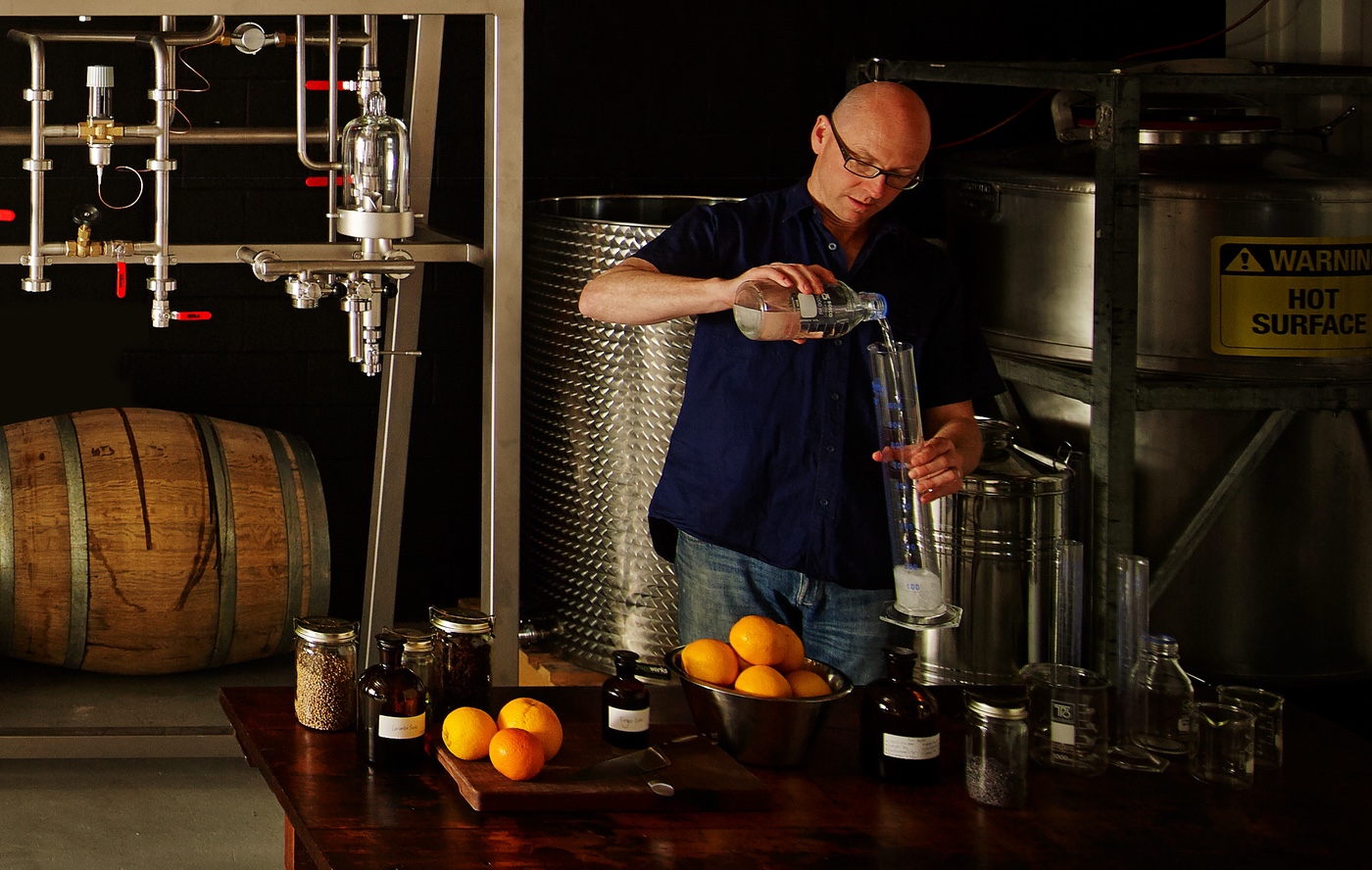 PIN IT
PIN ITCameron Mackenzie
“Had we not seen such innovation in gin, the whole category might have taken a lot longer to take off,” explains Mackenzie. “I don’t think you’d see as much creativity in cocktails and in the bar scene if we didn’t have such an innovative product.”
Stones agrees, “The fact that the category is so broad has kept it moving and exciting. People are doing weird experiments and are producing some exciting stuff. I think what will happen is that as people drink and experiment more, they will eventually get back to a more focused idea of what gin is.”
So how does Juniper work in with innovation?
While gin is more than just Juniper, the category itself cannot exist without it.
“The fact that there hasn’t been as much regulation certainly hasn’t hurt the category to date, but I think it’s valid to ask at what point does it begin to hurt the category, “said Mackenzie. “I think the biggest danger is that we start to potentially see Juniper almost being ignored and we move towards flavoured Vodka.”
While the degree of Juniper inclusion is an issue for the category, there is also a realisation that more fruity and floral gins have acted as ‘gateway’ products that have encouraged more consumers to experiment with the category.
“A lot of products are leading consumers to work out what they like about gin” Baxter adds “And for a lot of people it is the Juniper. They may come around the long way, but as their palettes mature, they will essentially start to seek out more Juniper based gins”.
Withers agree, “I do think there’s a place in the market for Gins that are perhaps a little bit more user-friendly, which is not to say that Juniper shouldn’t be up front, but they perhaps have some more appealing characteristics. They are a kind of launch pad for a lot of consumers coming into the category, and I think that sort of progression is important for producers to understand and for them to market their products accordingly.”
But are consumers really confused?
While innovation may be moving the category forward, the question of consumer understanding is still an important issue.
Yet, it’s hard to argue that confusion, or anything else, has been hindering gin sales.
“No two gins are the same,” said Mackenzie. “There are hundreds of botanicals that can be used and I think when people read a label or when they read an article and see the botanicals, they make up their minds fairly quickly as to whether or not they are going to like that gin.”
While it may seem that the onus is on the industry to offer clear guidance and information to those consumers who want to explore what gin can offer, Wilton believes they are doing pretty well on their own.
“What I find exciting when we talk to consumers is how many people who never drink gin are now beginning to explore it. The expansion of the category has really lowered the barriers and allowed more people in.”
